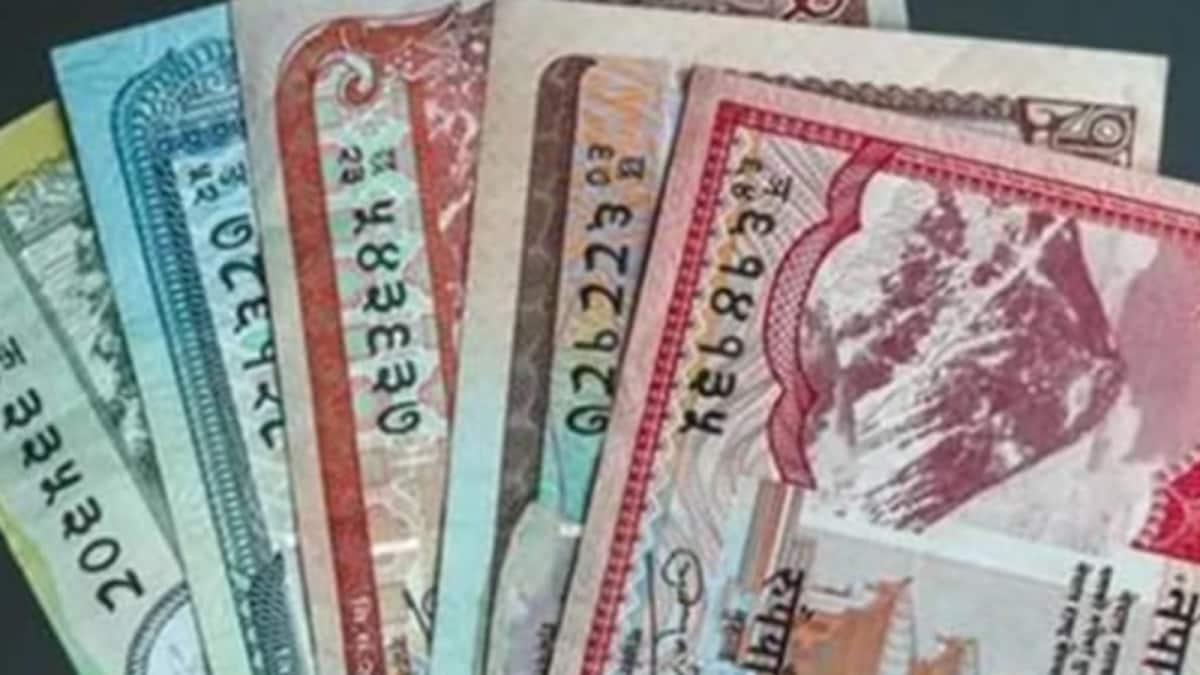India will declare its updated Nationally Determined Contribution (NDC) as well as issue its Biennial Transparency Report (BTR) by December end, Environment Minister, Bhupender Yadav said in Belem, Brazil, on Monday (November 17, 2025), as part of a gathering of senior ministers from several countries convened at 30th edition of the Conference of Parties.
As a signatory to the Paris Agreement, it is a requirement that India issue an updated NDC in 2025, which spells out its voluntary actions towards transitioning away from using fossil fuel and improving energy efficiency use.
As of November, over 100 countries have submitted an updated NDC that sets out the action they will take until 2035 and for several countries this translates into reductions in fossil fuel use. For example, the European Union collectively plans on a 55% net reduction in greenhouse gas emissions by 2030 and potentially 66.25% to 72.5% reduction by 2035, compared to 1990 levels. Brazil has committed to reducing emissions 59% and 67% by 2035, compared to 2005 levels.
Also Read | Trade impacts of climate action flagged at COP30
India’s emissions are poised to grow in the coming years but its commitment is that this growth will slow every year. China has committed to reducing economy-wide net greenhouse gas emissions by 7%-10% from their “peak,” but it has not specified when this peaking year will be.
India in 2022 declared its first NDC — of achieving an emissions Intensity of its GDP by 45% by 2030, from 2005 levels, having 50% of its installed power capacity from non-fossil sources and creating an additional carbon sink of 2.5 to 3 billion tonnes of CO2 equivalent through additional forest and tree cover, all by 2030.
India has achieved the power capacity target ahead of schedule and is reportedly on track for the other two.
Also Read | COP30: a beginner’s guide on what to expect from the climate summit
Reaching energy efficiency targets or cutting emissions requires structural and expensive changes to India’s energy systems and for years, it has stuck to the line — in international negotiation such as at climate COPs — that there is not enough affordable public finance being made available to it to aid with this transition and that developed countries, which are responsible for the high levels of carbon in the atmosphere accelerating climate change, are not only not cutting their own emissions fast enough but are hobbling developing countries economic development.
“Developed countries must reach net zero far earlier than current target dates, fulfill their obligations under Article 9.1 of the Paris Agreement and deliver new, additional and concessional climate finance estimated to be in the trillions of dollars,” said Mr. Yadav in his statement.
This is also the first time that India has committed to a BTR. Countries must submit BTRs every two years and include information on national inventory reports (NIR), progress towards NDCs, policies and measures, climate change impacts and adaptation, levels of financial, technology development and transfer and capacity-building support, capacity-building needs and areas of improvement.
Also Read | COP30: Pacific leaders now have world court backing to call countries to account over climate risk
Experts said that an NDC, while important, was not the sole document that underlined a country’s commitment towards taking action on addressing climate change.
“Accessing low cost public finance is one of the main issues that is hindering climate action. The NDCs will certainly be updated but there are other steps that are necessary and required for delivering on commitments (made by developed countries) to achieve global emission targets,” said Vaibhav Chaturvedi, Senior Fellow, Council on Energy, Environment and Water (CEEW).

 1 hour ago
7
1 hour ago
7










 English (US) ·
English (US) ·